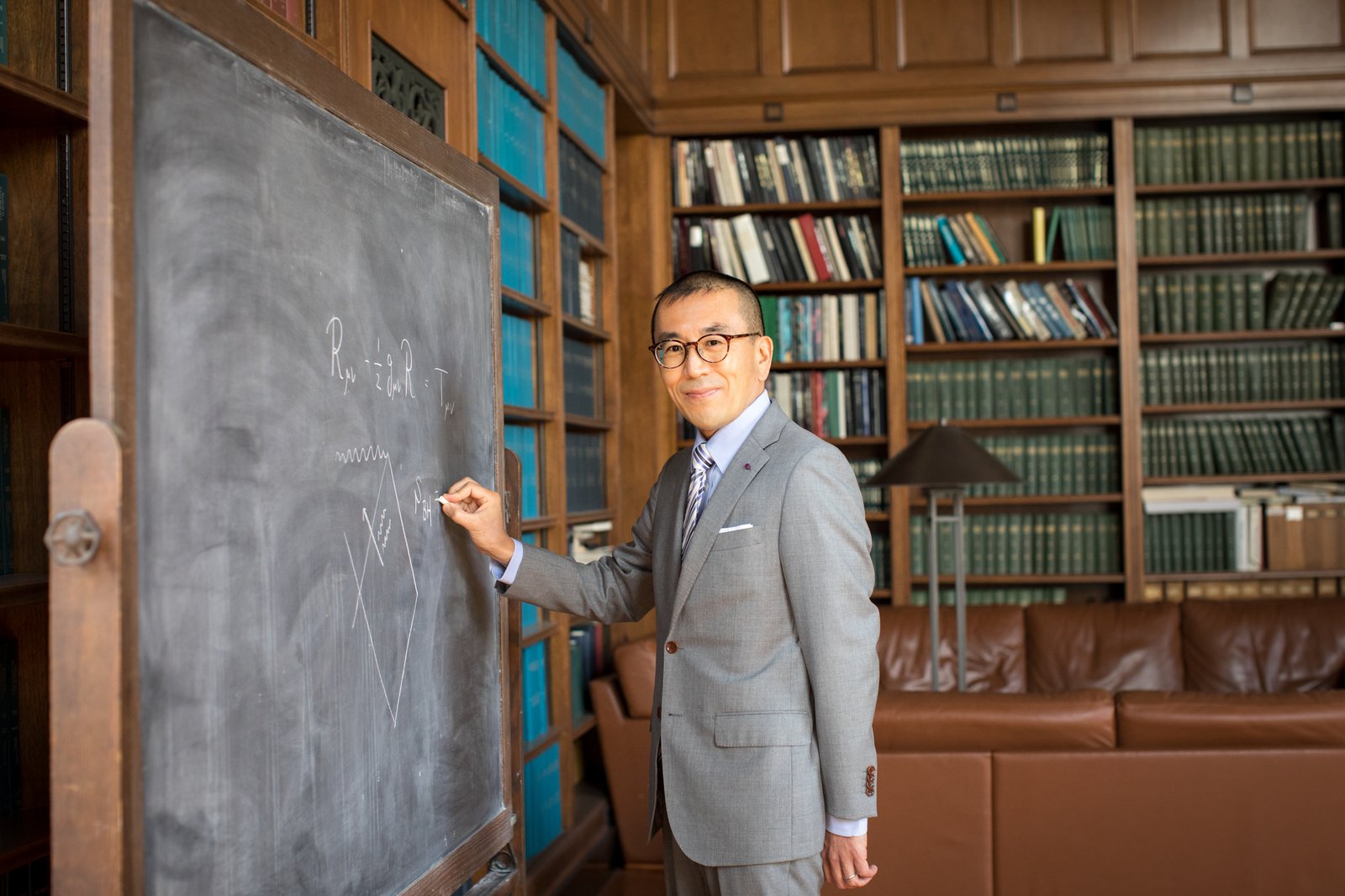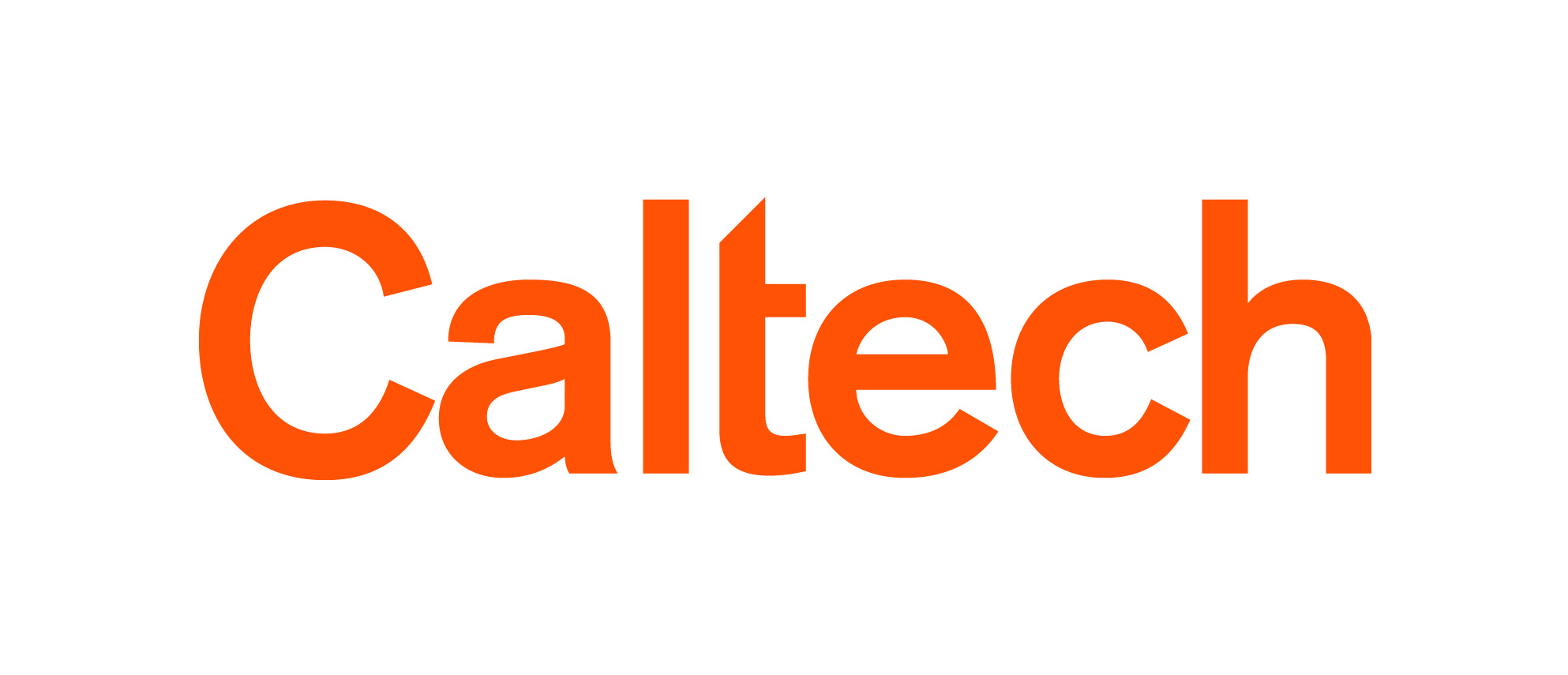HirosiFest @ Caltech
Dates: October 27-28, 2022
Venue: Caltech, Pasadena, USA
Overview: Prof. Hirosi Ooguri, who has long been a professor at Caltech, has made tremendous contributions in physics and mathematics, and is one of the most outstanding researchers of his generation. He is turning sixty this year, and we would like to take this opportunity to celebrate his remarkable contributions in physics and mathematics, bringing together experts worldwide.
This conference is proceeded by another event in celebration of Prof. Ooguri's 60th birthday: HirosiFest @ Kavli IPMU, October 20-21, 2022.
The conference is primarily in an "on-site/in-person" format, but we are thinking of making this event into a hybrid format, where online participation is also available. Note that Caltech requires on-site participants to be vaccinated and boosted.

Invited speakers:
Mina Aganagic (Berkeley)
Nathan Berkovits (ICTP-SAIFR, Sao Paulo)
Jan de Boer (Amsterdam)
Csaba Csaki (Cornell)
Dan Freed (UT Austin)
Jaume Gomis (Perimeter)
Rajesh Gopakumar (ICTS)
Daniel Harlow (MIT)
Igor Klebanov (Princeton)
Yaron Oz (Tel Aviv)
Natalie Paquette (Washington)
Nathan Seiberg (IAS)
Steve Shenker (Stanford)
Washington Taylor (MIT)
Tadashi Tokieda (Stanford)
Erik Verlinde (Amsterdam)
Herman Verlinde (Princeton)
Banquet Speeches:
Mark Wise (Caltech) as MC
David Gross (KITP, UCSB)
Spenta Wadia (ICTS)
Session Chairs:
Oliver DeWolfe (Colorado)
Sergei Gukov (Caltech)
Anton Kapustin (Caltech)
Christoph Keller (Arizona)
Juan Maldacena (IAS)
John H. Schwarz (Caltech)
David Simmons-Duffin (Caltech)
Spenta Wadia (ICTS)
Masahito Yamazaki (Kavli IPMU)
Organizing Committee:
Juan Maldacena (IAS)
David Simmons-Duffin (Caltech)
John H. Schwarz (Caltech)
Cumrun Vafa (Harvard)
Masahito Yamazaki (Kavli IPMU)
Address:
1200 East California Boulevard, Pasadena, California 91125

